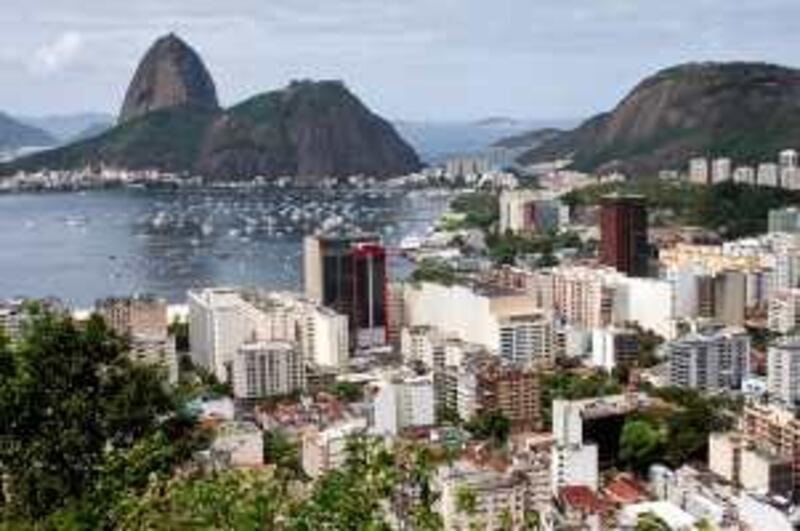The four cities vying to host the 2016 Olympics are braced for a close call as two years of campaigning draws to a close this week. There is no clear favourite between Tokyo, Madrid, Chicago and Rio de Janeiro, with the winning bid due to be announced in Copenhagen. "We are very thrilled that the four candidates are first class. Each of them could organise a very good Games," said the International Olympic Committee (IOC) president Jacques Rogge.
The IOC will decide the host of the world's biggest multi-sports event during their session on Friday, with Rogge predicting only a narrow win when the 115 members cast their votes. "It is probably going to be a couple of votes," Rogge said. "Two, three, four votes...it is going to be very close. Don't forget that something like four, five votes is a change of mind of just two or three people." While most previous bid races going into the final vote have had a favourite, this time there seems little between the cities.
Chicago was seen as being ahead for much of the campaign but rows between the IOC and US Olympic Committee over revenue sharing and the now-postponed plans for an independent Olympic television station in America hurt the bid. The budget, largely dependent on private funds during the economic crisis, is also looked upon with some scepticism. Chicago's initial hesitation in signing a host city contract that would legally bind it to cover any deficit arising from the Games was noted in an IOC evaluation report this month.
However, the American President Barack Obama, who has spent much of his political life in the city, has given the bid a big boost by saying he will be in Copenhagen lobbying. A US broadcasting rights deal for the 2014 Winter Games and the 2016 Olympics, the IOC's biggest source of revenue, has yet to be signed and picking Chicago would boost the final figure as American TV would expect bigger advertising revenues from a US-based Games.
Rio have taken considerable strides in their efforts to land the first Games for a South American city. With football's world governing body Fifa awarding the World Cup finals to South Africa in 2010 and Brazil in 2014, the IOC are running out of excuses for not handing the Games to a city south of the equator that is not in Australia. A similar time zone to North America is an advantage for Rio because US broadcasters dislike the big time differences in Europe and Asia that dilute the impact and financial punch of advertising.
Tokyo, host of the 1964 Olympics, have won praise from Rogge for their solid financial planning and the high technical standard of the bid. Sending the Games to Asia only eight years after the 2008 Beijing Olympics remains one of the bid's drawbacks, though. Opinion polls conducted by the IOC this year also showed relatively low public support, although Tokyo have said that fresh results indicate much stronger enthusiasm for the Games.
Madrid are pinning their hopes on an improved bid, after failing to win four years ago, but a second European Games after London 2012 is against them. The city can, however, take heart from the on-site support of prime minister Jose Luis Rodriguez Zapatero and King Juan Carlos. * Reuters





